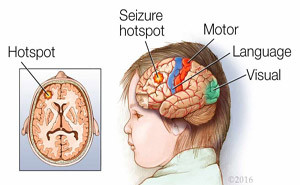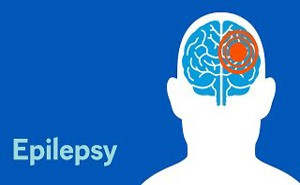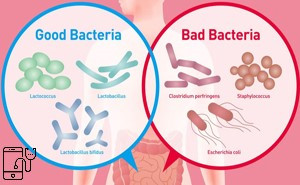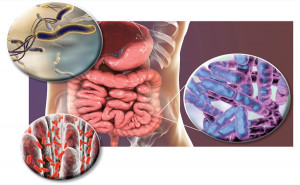Clinical-spotlight
COVID-19 Update:In light of the most recent
information and data available, today, the FDA revised the authorizations for
two monoclonal antibody treatments – bamlanivimab
and etesevimab (administered together) and casirivimab and imdevimab – to limit their use to only when the
patient is likely to have been infected with or exposed to a varian...
The FDA announced it had amended
the emergency use authorizations for both the Moderna and Pfizer-BioNTech
vaccines allowing for a single booster dose for all individuals 18 years of age
and older after completion of primary vaccination with any of the approved COVID-19
vaccines.The CDC also recommends that
adults should get a booster at least...
The U.S. Food and Drug
Administration authorized Pfizer’s Paxlovid (nirmatrelvir tablets and ritonavir
tablets, co-packaged for oral use) for emergency use for the treatment of
mild-to-moderate coronavirus disease in adults and children 12 years and older weighing
at least 40 kilograms with positive results of direct SARS-CoV-2 testing, and who...
This clinical practice guideline
for the evaluation and diagnosis of chest pain provides recommendations and
algorithms for clinicians to assess and diagnose chest pain in adult patients.The “2021
AHA/ACC/ASE/CHEST/SAEM/SCCT/SCMR Guideline for the Evaluation and Diagnosis of
Chest Pain” provides recommendations based on contemporary evidence on...
Physical Examination
Causes of chest pain are numerous; the initial evaluation
should focus on those that are life-threatening, such as ACS, PE, aortic
dissection, and esophageal rupture, to facilitate rapid implementation of
appropriate treatment. Specific clues can be helpful. Chest tenderness on
palpation or pain with inspiration markedly...
This is a summary of the American
Academy of Neurology (AAN) and Child Neurology Society (CNS) evidence-based
guideline reviewing all available evidence on the assessment of the child with
status epilepticus (SE). Status epilepticus (SE) is a
medical condition characterized by repeated epileptic seizures without complete
recovery between seizu...
This is a summary of the American
Academy of Neurology (AAN) and American Epilepsy Society (AES).For an adult with a first
seizure, the risk of a recurrence poses major concerns and raises the question
of whether immediate Anti-epileptic Drug (AED) treatment is advisable.Risk of Seizure RecurrenceQ1: For the adult who presents with an unprovoked...
Probiotics are living non-pathogenic microorganisms, which
when given in sufficient amounts should be
beneficial to host by improving its microbial balance in gut and participate in
the metabolism.Probiotics uses are common and recommended in different text books.Find out below beneficial effects of probiotics and what are covered in Medical Te...
FDA authorized the emergency use of the Pfizer-BioNTech
COVID-19 Vaccine for the prevention of COVID19 to include
children 5 through 11 years of age.
Key points:
Effectiveness: Immune responses of
children 5 through 11 years of age were comparable to those of individuals
16 through 25 years of age. In addition, t...
Antibiotics treatment for bacterial
pneumonia in adults in hospital
Antibiotic management of
suspected or confirmed bacterial pneumonia in adults in hospital during the
COVID-19 pandemic. This includes people presenting to hospital with moderate to
severe community-acquired pneumonia and people who develop pneumonia while in
hospital.COVID...
Probiotics are live microorganisms that, when administered in adequate
amounts confer a health benefit on the host. RemoveAvailable BrandCurrent insights into the clinical applications for various
probiotics in gastroenterology are summarized below:
The U.S. Food and Drug Administration
authorizes bamlanivimab and
etesevimab, administered together, to include emergency use as post-exposure
prophylaxis (prevention) for COVID-19 in adults and pediatric patients (12
years of age and older weighing at least 40 kg) who are at high risk for
progression to severe COVID-19, including hospitalizat...













